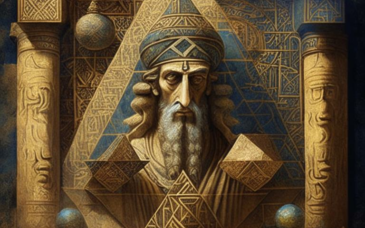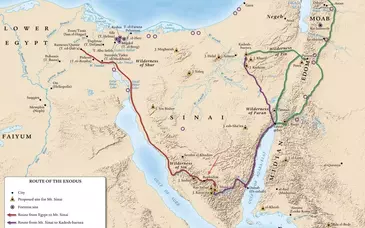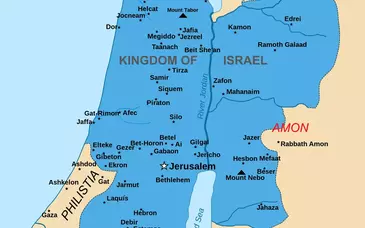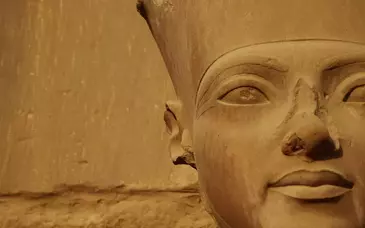Israel, a land rich in history and resilience, comes alive in the celebration of Tu B'Shevat, the Jewish New Year for Trees. In this post, we explore the deep-rooted connection between Israel's past and present during this joyous festival, delving into the traditions, significance, and the environmental spirit that defines Tu B'Shevat.
🌳 Tu B'Shevat: The Arboricultural Celebration: Tu B'Shevat, often referred to as the "Birthday of the Trees," holds a special place in Israel's cultural tapestry. Discover the origins of this festival and its transformation into a day of environmental consciousness, planting the seeds for a sustainable future.
🍇 The Symbolism of the Seven Species: Explore the symbolic significance of the seven species — wheat, barley, grapes, figs, pomegranates, olives, and dates — deeply rooted in the biblical narrative. Understand how these fruits connect to the agricultural history of Israel and play a central role in Tu B'Shevat celebrations.
🌱 Tree-Planting Traditions: Tu B'Shevat is synonymous with tree-planting activities that contribute to the ecological well-being of Israel. Dive into the traditions of planting trees, symbolizing growth, renewal, and the commitment to environmental stewardship. Learn about the reforestation efforts that have transformed the Israeli landscape.
📜 Biblical Roots and Historical Context: Uncover the biblical and historical roots of Tu B'Shevat, exploring its ties to agricultural practices, tithing, and the unique agricultural laws outlined in the Torah. Delve into the cultural significance of this festival, connecting the past with present-day celebrations.
🌿 Modern Celebrations: Witness how Tu B'Shevat has evolved into a modern celebration, blending ancient traditions with contemporary environmental awareness. Discover how communities in Israel and around the world come together for festive meals, educational programs, and environmental initiatives to mark this special day.
🌍 Environmental Consciousness in Israel: Tu B'Shevat serves as a reminder of Israel's commitment to environmental sustainability. Explore the nation's ongoing efforts to preserve its natural resources, combat desertification, and promote green initiatives that echo the spirit of Tu B'Shevat throughout the year.
🍏 Culinary Delights: Indulge in the culinary delights associated with Tu B'Shevat, featuring the symbolic seven species. From luscious fruit platters to delightful desserts, experience the flavors that mirror the agricultural abundance of the Land of Israel.
🎉 Community and Unity: Tu B'Shevat fosters a sense of community and unity as people from various backgrounds come together to celebrate. Discover how diverse communities in Israel and beyond engage in shared festivities, reinforcing the connection to the land and its natural blessings.
🔗 Connecting Generations: Witness how Tu B'Shevat serves as a bridge connecting generations. From ancient agricultural practices to contemporary environmentalism, the festival nurtures a sense of continuity, ensuring that the roots of the past continue to anchor the growth of Israel's present and future.
Tu B'Shevat encapsulates the essence of Israel's past and present, intertwining tradition, environmental consciousness, and the vibrant spirit of a nation deeply connected to its roots. Join us in celebrating this joyous occasion that reflects Israel's enduring commitment to growth, sustainability, and the shared heritage of all who call this land home.




